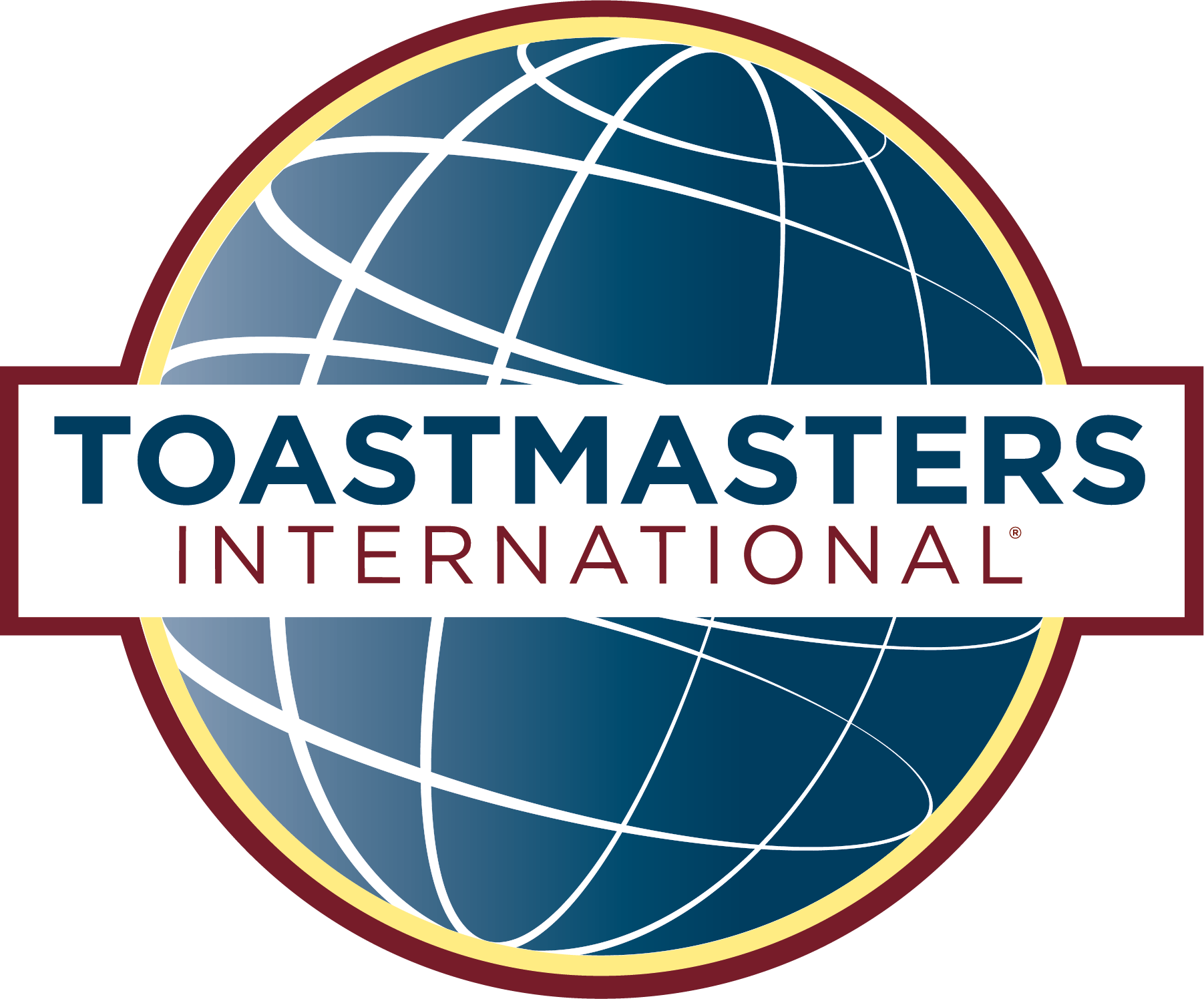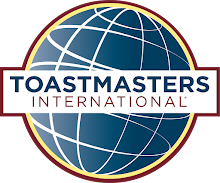Article from the Toastmaster magazine
http://www.toastmasters.org/ToastmastersMagazine/ToastmasterArchive/2008/August/Departments/FortheNovice.aspxFor the Novice: Seven Staples of Public Speaking

Remember these tips next time you face an audience.By David Brooks, DTMYou have earned a reputation as an authority in your field. Others want to hear what you have to say. So you’re about to become a public speaker.
Yet, whether you are leading a seminar before a small group of your peers or delivering a keynote address to thousands of strangers, unless you have years of speaking experience, you are likely to feel awkward or uncomfortable when the microphone is in your hand.
It’s a common reaction – most people simply do not enjoy speaking in front of an audience. But your anxieties can be lessened if you remember these seven simple strategies:
1. Do not try to hide behind technology. A common – and disastrous – mistake is to say, “I’ll put my presentation on PowerPoint. Then nobody will focus on me.” Wrong. A bad speaker with PowerPoint is still a bad speaker. PowerPoint, used with restraint, can be an enhancement to your presentation. It is never, however, a substitute for preparation.
It doesn’t matter how many PowerPoint slides you have or how many bullet points you’ve squeezed on them, no one will ever leave a program saying, “Wow! Those were great bullet points!” Instead, if they leave saying, “Wow! The presenter sure knew his stuff, and he illustrated his points well,” then you have done your job and exceeded most people’s expectations.
2. The audience is rarely the enemy. When asked why people fear public speaking, a common response is, “Because the audience is just waiting for me to screw up.” Wrong. While it is true that audience members may not always agree with your message, they almost never want you to fail. That is, no one comes to a presentation saying, “I hope the speaker screws up.” Why not? Because a bad presentation is painful. Instead, since most people hope for a good performance, most people are inherently on your side from the start. Therefore, even in an audience of strangers, most will be allies, not adversaries. Take comfort in their support.
3. Begin by choosing one of four objectives. Everyone knows that before you start any project, you should determine your objective. Yet many speakers skip this essential step, preferring instead to “just wing it.” Bad idea. When you wing it, it shows, and no one is ever happy with the result. Good speakers, however, always begin their projects by asking themselves, “Is my objective to inform, to persuade, to inspire or to entertain?” You can choose one, two, three or all four, but you must choose at least one. Remember, if your objective isn’t clear to you, the audience will never figure it out. Don’t expect them to do your work for you.
4. Speak with your audience, not to them. Speaking styles change over time. William Jennings Bryan, considered a great orator a century ago, would have a hard time finding an audience today. That’s because his style of grand oratory is long gone. Today’s audiences generally want short, practical presentations – more tightly focused and with an emphasis on “What’s in it for me?” These days, lectures, especially long ones, are not well received. Today’s best speakers know that a good speech is good conversation. And the best speakers speak conversationally while keeping it brief.
5. Nothing can top a good story. The essence of public speaking is simply this: Make a point, tell a story. Make another point, tell another story. People don’t remember points. But they do remember stories.
So where do you get good stories to make your points? Some speakers turn to such sources as the
Chicken Soup for the Soul books. Bad idea. The stories in those books aren’t your stories. They happened to – and they belong to – other people. Instead, just pay attention to the little stories of the little things that happen to you on a daily basis. As soon as you start using your personal, real-life stories and anecdotes, you will never have to turn to someone else’s material again. And as soon as you start anchoring your points with your personal stories, audiences will start remembering you.
6. Write it out. Yes, write your speech word for word, but don’t ever stand there and read it. You probably have been bored to tears by a speaker who stood motionless behind a lectern while he read his speech. Reading a speech shows a lack of preparation or a lack of commitment to the message.
So if you are not going to read it, why would you take the effort to write it word for word? It’s because writing a speech encourages brevity and precision. Have you ever heard a speaker take 10 minutes to make a point that could have been made in one or two? That’s what happens when the speech is not well written or well edited.
Good speakers pack the most information into the least time because they are good editors. But you can’t edit what you haven’t written. Therefore, write out your thoughts, then edit aggressively. Finally, rehearse your tightly edited stories to the point where you can deliver them by referring to no more than a few note cards.
7. There is no substitute for practice. Few people speak well extemporaneously. The greatest speakers you have ever heard are the ones who have expended the greatest effort. Speaking is a skill that takes practice. So practice your presentation aloud, at full volume, until it flows smoothly and you are comfortable with its rhythm. It will sound entirely different when practiced aloud than when merely rehearsed in your head. The audience will hear the “aloud” version, so you’d better be sure you are comfortable with what they are going to hear.
This article originally appeared in
Performance Magazine, 2006.
David Brooks, DTM, is a member of West Austin II Toastmasters club in Austin, Texas. Since winning the Toastmasters World Championship of Public Speaking in 1990, he has coached six subsequent World Champions and dozens of finalists. Reach him at
www.DavidBrooksTexas.com.







